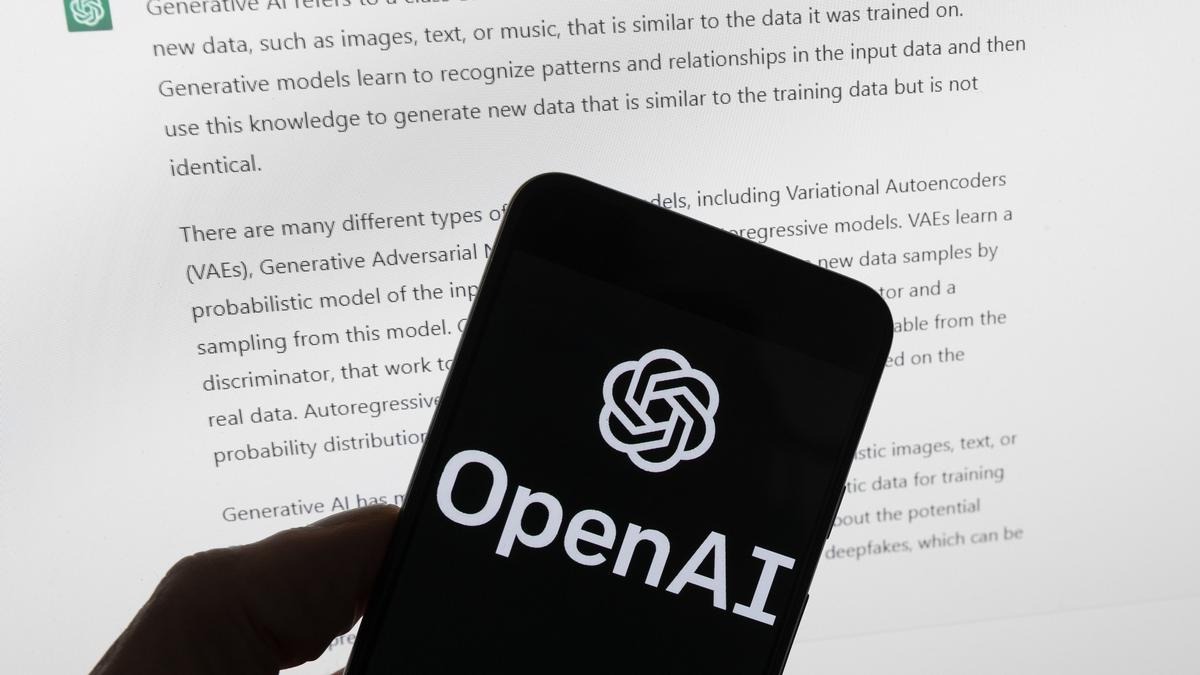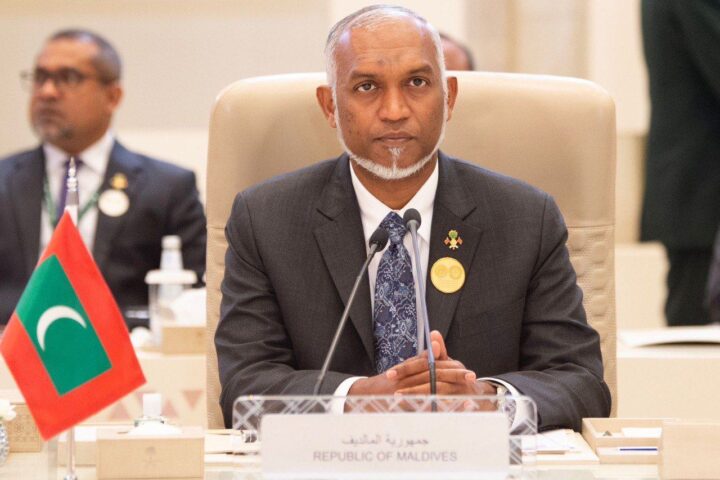As India prepares for the Lok Sabha elections concerns over foreign interference have taken center stage. The latest development involves OpenAI, which reported taking swift action within 24 hours to disrupt deceptive uses of artificial intelligence aimed at influencing the elections. OpenAI identified STOIC, an Israeli political campaign management firm, as the creator of content related to the elections and the Gaza conflict.
“In May, the network began generating comments that focused on India, criticized the ruling BJP, and praised the opposition Congress party. We disrupted some activity focused on the Indian elections less than 24 hours after it began,” OpenAI stated in a report on its website. Following this, OpenAI banned a group of accounts originating from Israel, which were used to create and modify content for an influence campaign across platforms like X, Facebook, Instagram, various websites, and YouTube, as reported by PTI.
In a piece for The Hindu, Suhasini Haidar remarked, “As election season takes off in India, allegations by PM Modi and EAM Jaishankar of foreign interference from the West heat up the campaign.” She highlighted the historical context of such allegations globally, questioning the basis for New Delhi’s current concerns.
While India grapples with these issues, it is not alone in facing foreign interference. With its economic and military rise, Beijing has been repeatedly accused of meddling in the internal affairs of various countries. From the United States, Canada, and Australia to the small Pacific nation of the Solomon Islands, China has invested heavily to influence political elections.
Last month, U.S. Secretary of State Antony Blinken, in an interview with CNN, accused Beijing of attempting to influence upcoming elections in the United States. “Any interference by China in our election is something that we’re looking very carefully at and is totally unacceptable to us,” Blinken asserted. Beijing, predictably, denied the allegations, citing its ‘non-interference’ policy.
The pattern of Chinese interference has become more pronounced under President Xi Jinping. Analysts note that this aggressive policy marks a departure from previous eras, with Xi’s administration reaching further into the internal political spheres of nations across the globe. In Canada’s 2021 federal elections, for instance, reports suggested that Chinese consular officials influenced Chinese-Canadian voters in favor of Liberal candidates. Similar allegations surfaced in Australia’s 2022 federal elections, where China reportedly used its diaspora and business influence to sway votes towards candidates perceived as more favorable to Beijing.
In the Solomon Islands, media reports have accused Beijing of supporting Prime Minister Manasseh Sogavare’s candidacy in the April 2024 elections. Beijing’s involvement in this small island nation is part of its broader ‘great pacific plan’, which aims to enhance Chinese naval power in the region against alliances like AUKUS and QUAD.
Chinese media and technology platforms like TikTok have also been tools for Beijing to project its interests during elections. In smaller nations, donations and bribes have been the primary means of gaining political influence.
These actions underscore the growing concern about China’s influence and its willingness to interfere in the democratic processes of other countries. This interference not only threatens democratic values but also poses a significant challenge to nations where democracy is still consolidating. As a permanent member of the UN, China’s activities raise critical questions about its adherence to the principles of non-interference and respect for the sovereignty of other nations. (Agencies)














